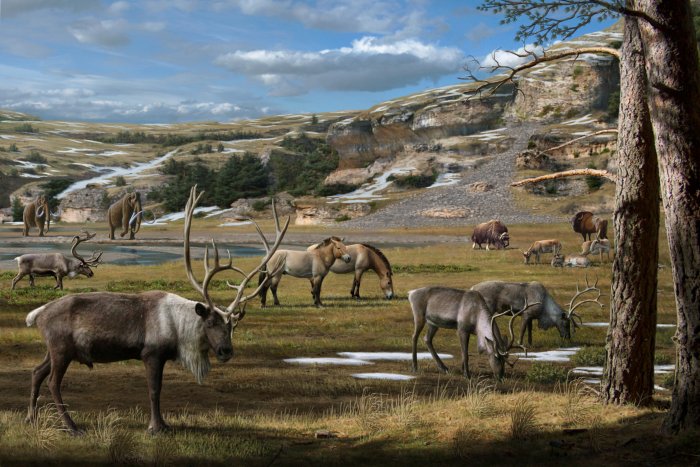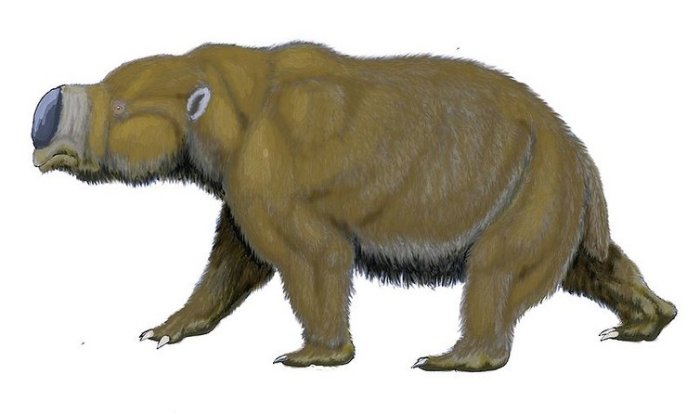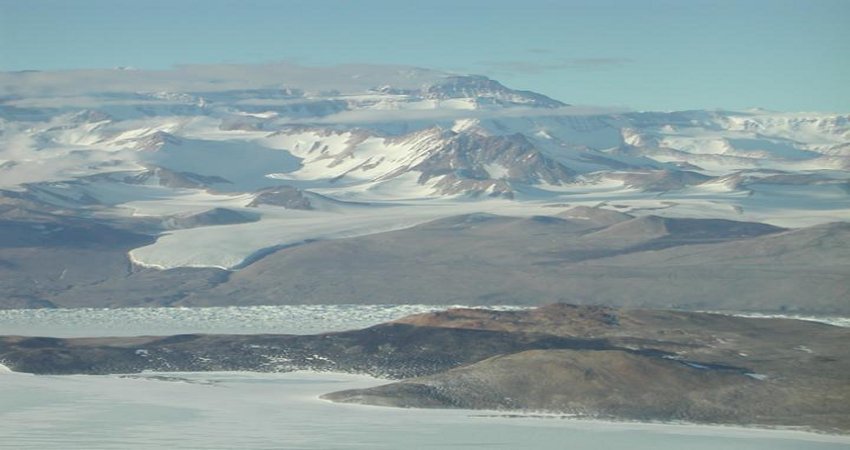Evidence Climate Change Caused Global Mass Extinction 30,000 Years Ago
MessageToEagle.com – Researchers have long argued what caused the global mass extinction 30,000 years ago. According to a new study the reason was climate change.
During the last Ice Age, Australia, Tasmania and New Guinea formed a single landmass. It was a strange and often hostile place populated by a bizarre cast of giant animals that no longer exist.
Scientists have found evidence that climate change was a primary or contributing factor in their demise.

Researchers from Vanderbilt University have examined fossil teeth the Cuddie Springs site in southeastern Australia to compare the diet of a variety of Australian megafaunal herbivores from when they were plentiful to when they were almost gone. The analysis suggests that climate change had a significant impact on their diets and may well have been a primary factor in their extinction.
See also:
Why Do We Have An Ice Age Every 100,000 Years?
Ancient DNA Reveals What Ended The Patagonia Giant Ice Age Species 12,300 Years Ago
Did A Huge Pacific Ocean Meteor Trigger The Catastrophic Ice Age?
“We have found evidence that, as the climate was changing and getting drier, animal diets were shifting dramatically,” said Larisa DeSantis, assistant professor of earth and environmental studies at Vanderbilt University, who directed the study. “If climate change was a primary or contributing factor in their demise, as it appears, we need to pay more attention to how current levels of climate change are affecting animals today.”
Dental analysis revealed that the climate was semi-arid. In addition, the animals’ diets were highly variable, implying that there were a number of ecological niches available to them.
The study reveals that the climate was substantially drier and the diet of the giant herbivores was considerably more restricted.

“It appears that long-term aridification may have reduced the ability of megafauna to consume certain types of plants, including salt-bush. Eating salt-rich plants requires drinking additional water that was less available and likely increased competition for similar plant resources,” said DeSantis.
“These data clarify the impacts of climatic change on marsupial megafauna and suggest that the long-term drying out of Australia, identified here and in other records, likely played a key role in the decline and disappearance of this unique suite of animals.”
MessageToEagle.com
Expand for referencesVanderbilt University










